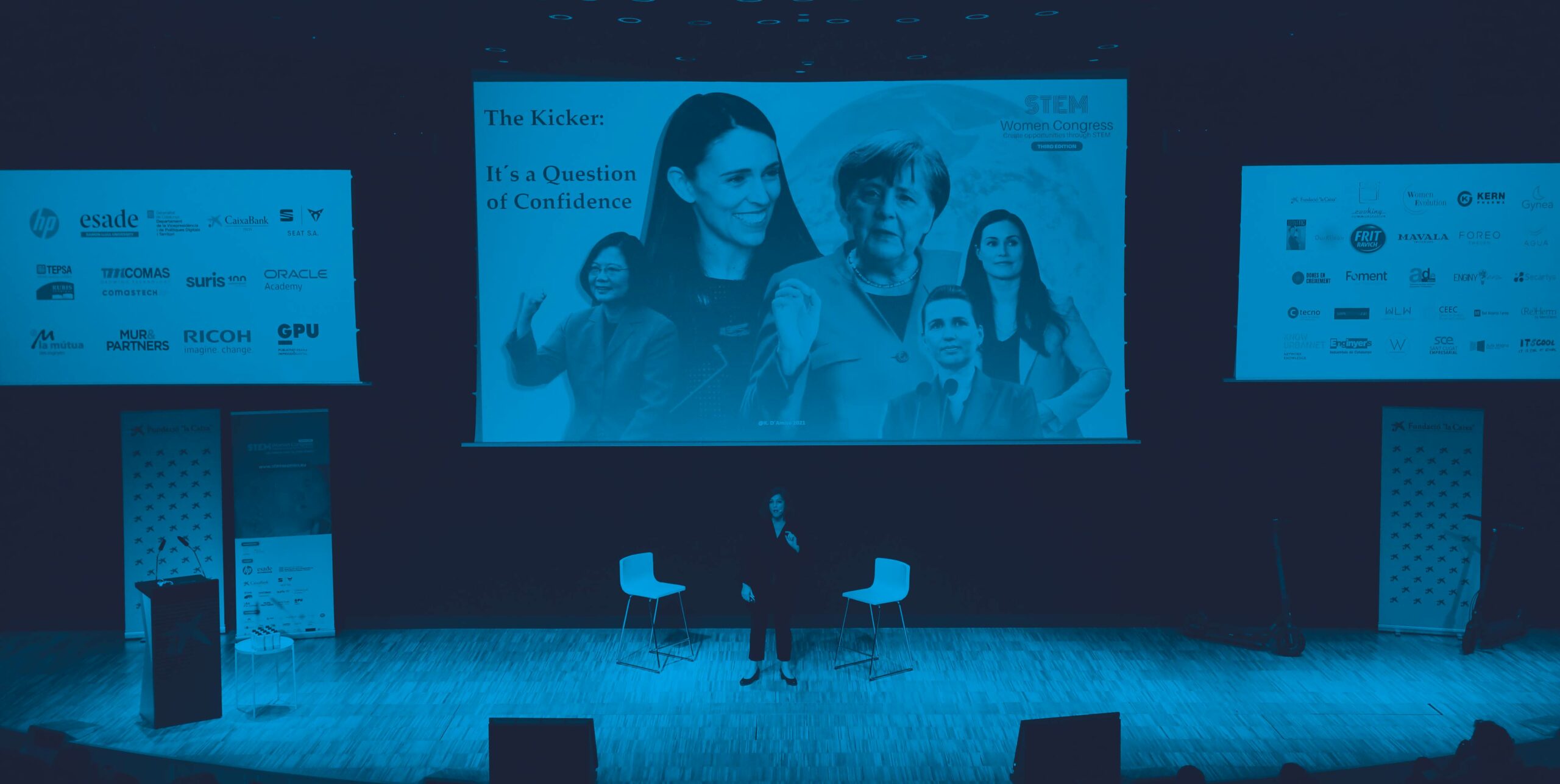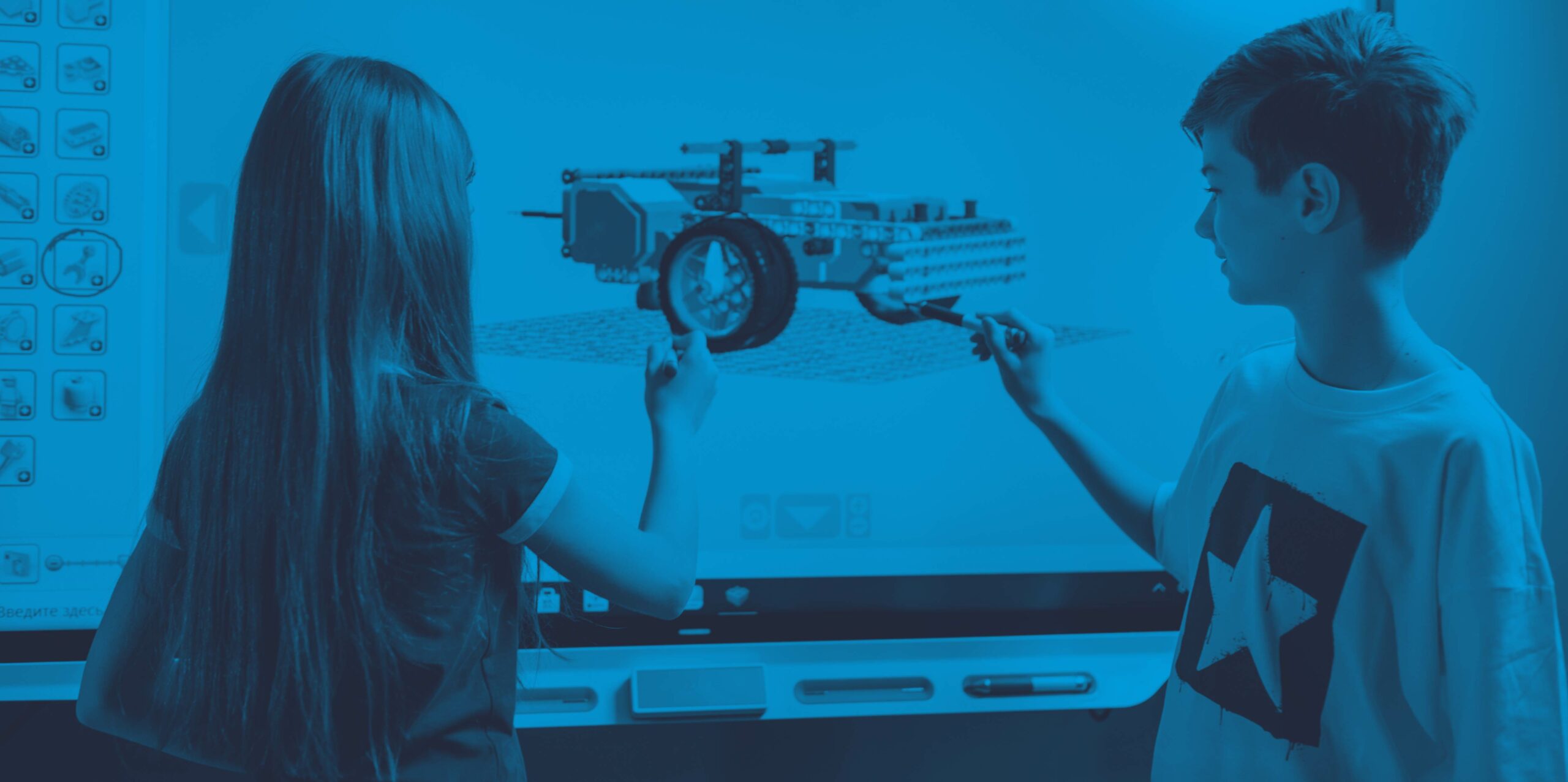by Jordi Viladrosa i Clua
Miquel Àngel Prats is a teacher and educational psychologist and holds a PhD in Education. He is currently a full professor of Educational Technology and the researcher in charge of the eduTIC line of the consolidated research group PSiTIC (Pedagogy, Society, Innovation and ICT) of the Faculty of Psychology, Education and Sport Sciences Blanquerna at Ramon Llull University. He is also a pedagogical advisor at CETEI (Centro de Tecnologías Ituarte) and a contributor to the Edu21 Project. During his career, he has combined his scholarly work at the university with his work as a communicator in different media. His latest book is the essay ‘Viure en digital. Como educamos para el mundo de hoy’ (Living Digitally: How we Educate for Today’s World) published by Eumo.
We talked to him about the challenges posed by the digital transformation of education and the role of the stakeholders involved in it. He highlights the need for teacher training and communication with families, and hints at a critique of universities, which perhaps should get a little more involved.
One of the concepts that we all repeat the most lately is educational transformation. If we narrow it down a bit and talk about the digital transformation of a school, the first question that comes to mind is where to start. What can you tell us about your experience in this field?
When we talk about digital transformation, the first thing that comes to mind is not tools and technology but people. I think this is important because it is not about filling the organisation, school or institution with technology, but instead is really about putting people at the centre, in this case students.
All of this means that the different stakeholders involved in digital transformation must play a prominent role, including the administrative team, teaching staff, tutors, families and, of course, students.
I remember a very interesting experience when I was director of the Ituarte Technology Centre of the Juan XXIII Foundation, in the same Jesuit school and in the same school: the administrative team took the first step and therefore had a great deal of influence when leading the educational projects. There is a human team that acts as a ‘tractor’, driving and pulling along the rest of the organisation; teachers were mentored and trained in all these matters, and tutors were very important mentoring agents in the educational relationship with the students. And then we realised that families had to be very well informed about everything that was being done, which is one of the shortcomings in education. Finally, there was a great deal of complicity with the students, which in digital transformation processes means precisely that they were not left on the sidelines.
Specifically, at Juan XXIII we experimented with what we called ICT agents. They were pupils who were brilliant in technological matters, perhaps because of their disposition, and could help us to support and mentor their classmates and other students.
When you give a certain prominence to the students to encourage them to play a role within the organisation itself in a given project, suddenly everyone ends up wanting to say: ‘What are you doing? I want to be an ICT agent, too!’ In short, it is a question of creating a global project.
How do we get teachers to expand their digital teaching skills so that students become the main agents of their own digital transformation?
Probably one of the most important changes that I think we will witness in the twenty-first century is ‘live for learning’; that is, earning a degree and this meaning that we end up spending our whole lives doing it is not sustainable. People, and teachers in particular, need constant and increasingly intensive retraining. Therefore, perhaps we will have to invent some kind of sabbatical or semester leave so that we teachers have the chance to take some time off, catch up and then go back to work. The 20-30 hour courses we are used to are insufficient. It seems to me that part of the innovation in the field of teaching will have to be along these lines.
We teachers need the chance to take some time off, catch up and then go back to work

We will need training, mentoring with context, which implies a culture of performance, of accountability. We have another means of teaching innovation that has nothing to do with technology. I mean two teachers or more in a classroom, because it is important to be able to work as a team. I think co-teaching will become important.
This approach means talking about incentives. Teachers also need to see, know and touch, and even though it may sound very preachy, we really do need to put our finger on the wound in order to believe in it. This means that one form of training can also be ‘educational tourism’, that is, learning about the experiences of successful schools, because when a teacher sees that it is really possible, they believe in it. It is a way of being able to share it with the staff at your school. Everything doesn’t always happen because of financial incentives but by freeing up hours, for example. If we were to survey teachers right now, what they would probably ask for is time, time to think, to reflect, to be able to create and to be able to share the experience.
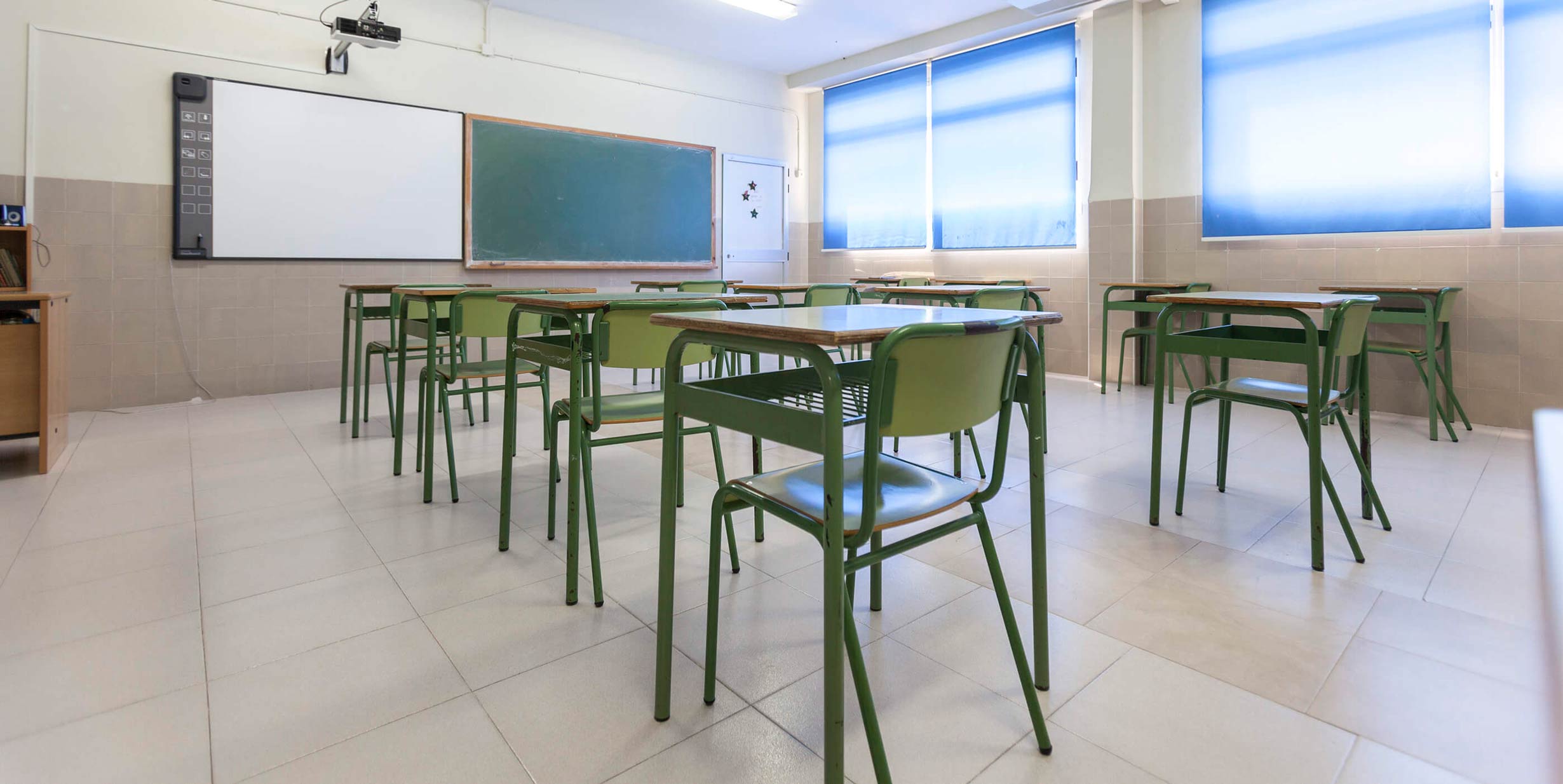
One way of training ourselves could be through ‘educational tourism’, learning about the experiences of successful schools
In your opinion, what are the cruxes of the essential coordination between the stakeholders involved in ‘living digitally’ when it comes to educating for today’s world?
There are four key players that are extremely important: the administration, universities, schools and enterprises. To me, this group, this ecosystem, must be in constant communication and dialogue.
When I talk about the administration, I am not only referring to education, but to the entire administration, because it is in our interest to have sound interdepartmental communication; that is, the education department, for example, should also have good communication with the digital policy department.
I think that universities have a major challenge ahead of them, which is that they work closely with schools, especially universities like the one where I work, which are pre-service training universities. Right now, we need a lot of dialogue with schools because in many cases schools are the ones that are ahead of the curve. I think that the university has the unfinished business: university professors need to be more exemplary in their use of technology and methodologies.
University professors should be more exemplary in their use of technology or methodologies
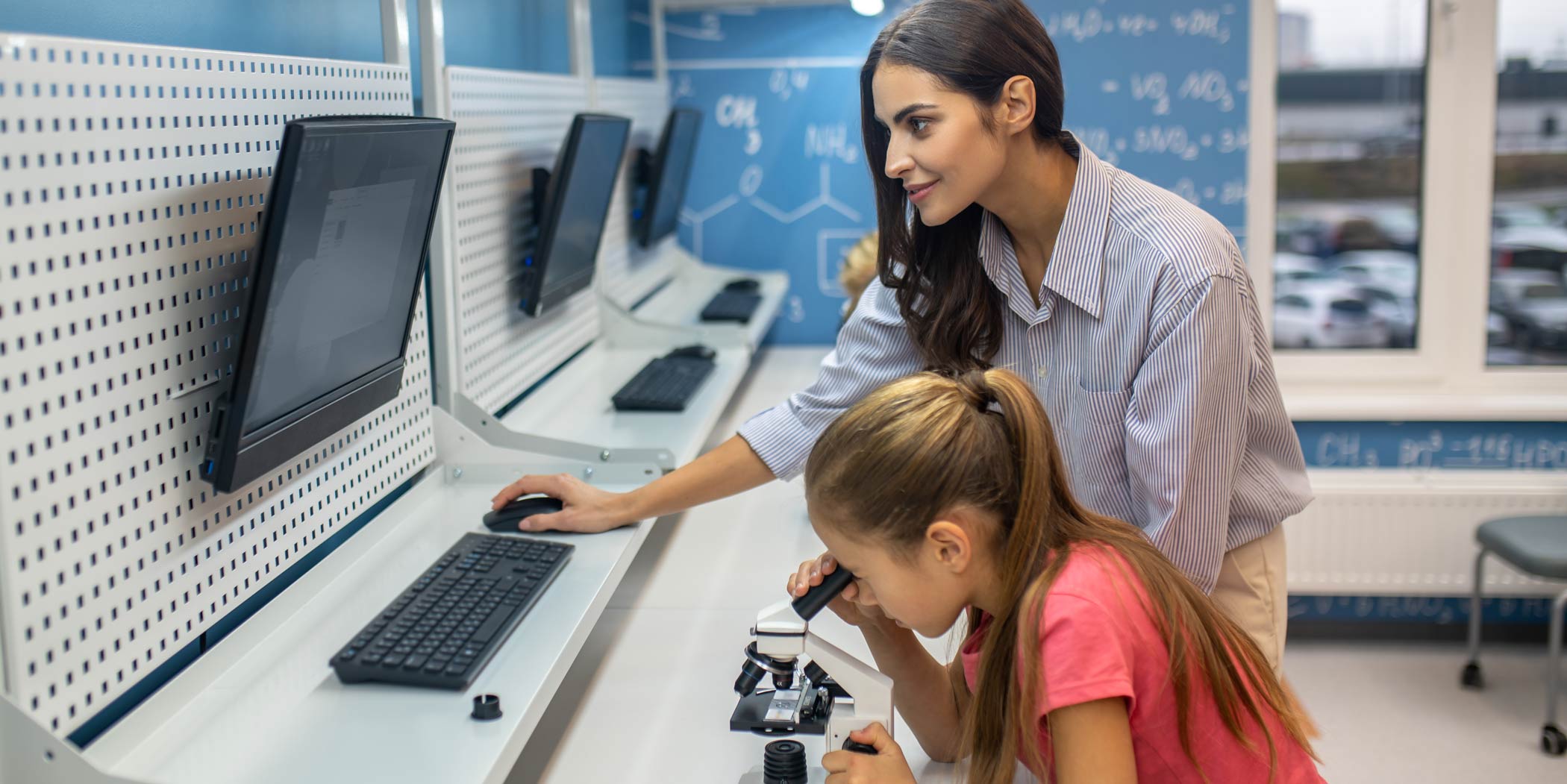
We also need to improve communication with enterprises. That doesn’t mean that we should ‘sell out’ to what the market needs; enterprises have their needs, but universities must also be respected for the cultivation of a critical spirit and knowledge. Therefore, it is important to know what enterprises need in order to be able to provide that knowledge. It should be a mutually enriching relationship of interdependence.
How can we ascertain if digitalisation is effective in achieving competence-based learning, as required by current European and Spanish laws? What methodologies are yielding the best results?
We can ascertain whether digitalisation is effective or not based on whether it reflects schools’ educational project; that is, whether this project is coherent. If this project does not exist or is not clear, then we start to see big explosions of technology or projects that you don’t really know where they are going. Therefore, we have to ask schools or educational organisations to very clearly define their intentions, their priorities, their plans, because that will give us the reason why a technological environment should be used.

We have to ask educational organisations to very clearly define their intentions, their priorities and their plans
And then, when we talk about methodologies, I would say that right now schools, administrative teams and school boards should ask themselves the ‘why’ and the ‘what’ before the ‘how’. Right now, we are facing a huge challenge, that is, to find the methodological balance: good teacher-led classes are also needed because we also have to impart knowledge, and students have to learn how to work in teams.
One of the current difficulties in teaching is getting students to pay enough attention. Does technology make us more scattered? What should a teacher do to make educational technologies a useful tool and not a distraction?
I would say yes, technologies are very distracting; fighting against technology is very difficult.
This coming Christmas, many families will have the chance to sit around the dinner table, and the main threat will be mobile phones. One way to combat this seduction by technologies is to set them aside. Suddenly, people feel like listening, and this is when the interesting questions start, the life stories of each family member that nobody knew: how the grandparents or the parents met, the mother’s first kiss… in other words, anecdotes, stories, tales that are sometimes much more interesting than a digital widget.
What should a good teacher do to make technologies a good tool for his or her students? Well, probably, to strike that balance, to know when to use them and when not, to know when they can make a student’s imagination soar and when they can use them to create something; other times, however, they can just listen to a story, imagine it and pay attention. Above all, we need to be good role models because ultimately the first thing students do is constantly look at us; we are constantly being evaluated by our children and adolescents. It’s basically ‘practise what you preach’ because at the end of the day moral authority is quite often everything.
We need to be good role models because we are constantly being evaluated by our children and adolescents
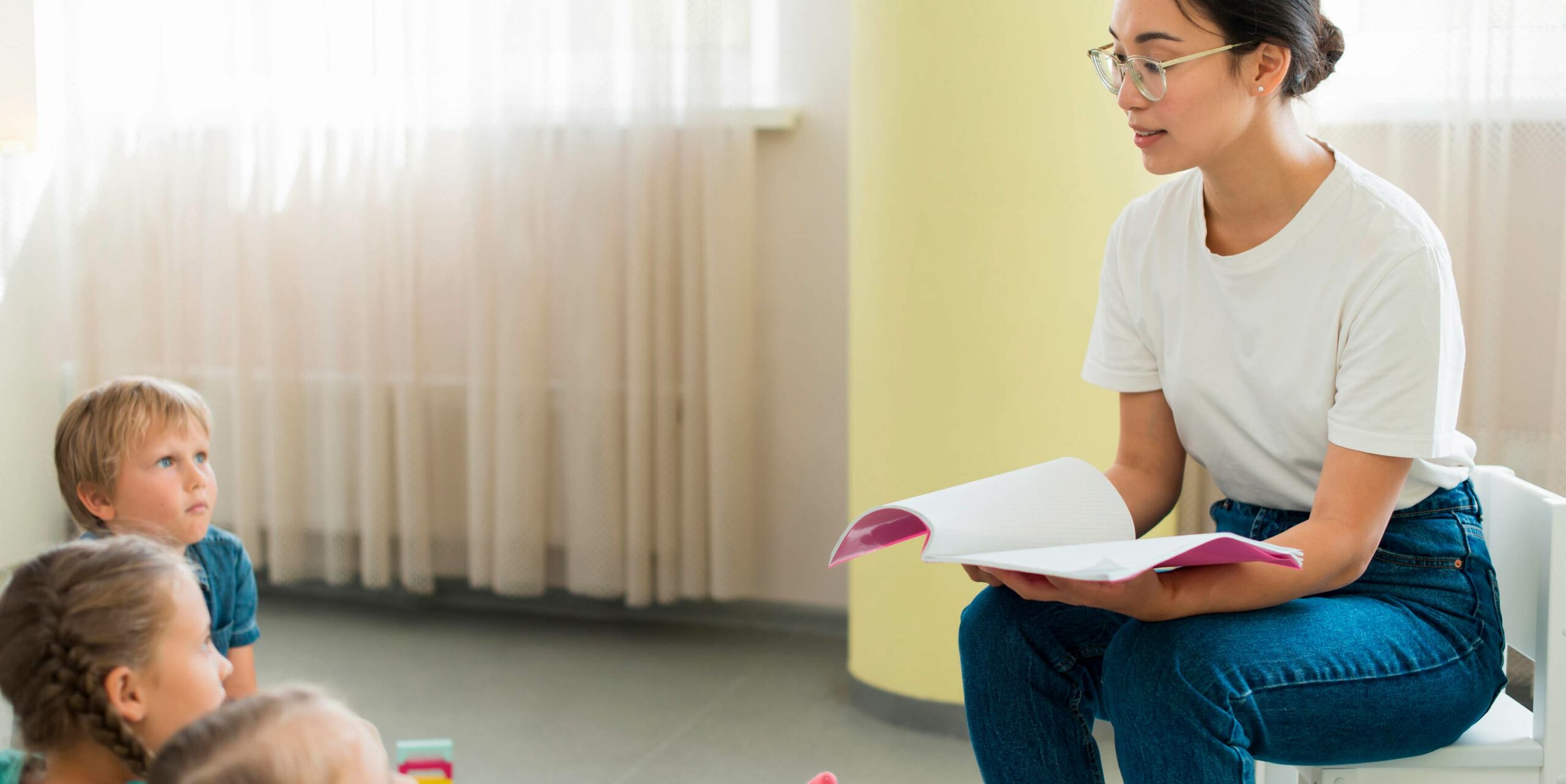
In your essay ‘Living digitally’ you suggest the digital empowerment of citizens as a preliminary step towards the unavoidable digital transformation that affects the way we live, interact with each other and work. Isn’t the education system always behind?
Yes, we tend to be slow. Moreover, and this is very curious, we are an organisation full of experts in teaching-learning processes, yet it is precisely the organisation that learns the least or that finds it the hardest to learn. It’s like a paradox. I think it has a lot to do with managing change, that is, the way schools manage it. We cling to what is the most familiar because it gives us a lot of security, so anything from outside is really hard for us. We should try to be very reflective about how we work.
For example, I recently took the students from the master’s degree in Educational Innovation and School Management at my university on a weekend trip where we did a series of gamified activities, group games to build teamwork. Ultimately, we were able to see how some analogies with schools worked in games. And we realised that if we could do these games with fellow teachers, we could often reflect on why we find it so hard to communicate, or why we find it so hard for one department to relate to the other, etc. In education, the staff is seldom given the chance to work on a whole range of social-emotional and teamwork skills. And this has a lot to do with our sector, which is sometimes not very professionalised; it’s very technical, so we often don’t reflect on why and how we do things.
How can we ensure that there is enough harmony among families, teachers and all students when educating ourselves together to be digitally competent in such a complex world?
The first matter is getting to know each other, because I often think that the main problem is that the different actors involved do not know and recognise each other.
Sometimes, there are teachers on staff who don’t know each other. This doesn’t mean that they don’t greet each other or know each other’s names, but they don’t know anything about each other, and as soon as you get to know the other person, change becomes easier. Therefore, knowing each other personally really helps things flow, so problems can be solved harmonious and with a good sense of humour.

Knowing each other personally really helps things flow, so problems can be solved harmoniously
Finding meeting spaces to share what you are doing and how you are doing it, to manage knowledge and detect problems, to listen to each other more actively can be a good start. In short, getting to know and recognising each other, creating spaces that we dedicate to each other throughout the year and identifying situations needing improvement to really see what is happening by listening is probably a way of taking care of ourselves. At the end of the day, the point of the digital transformation is that we have to take better and better care of each other.


